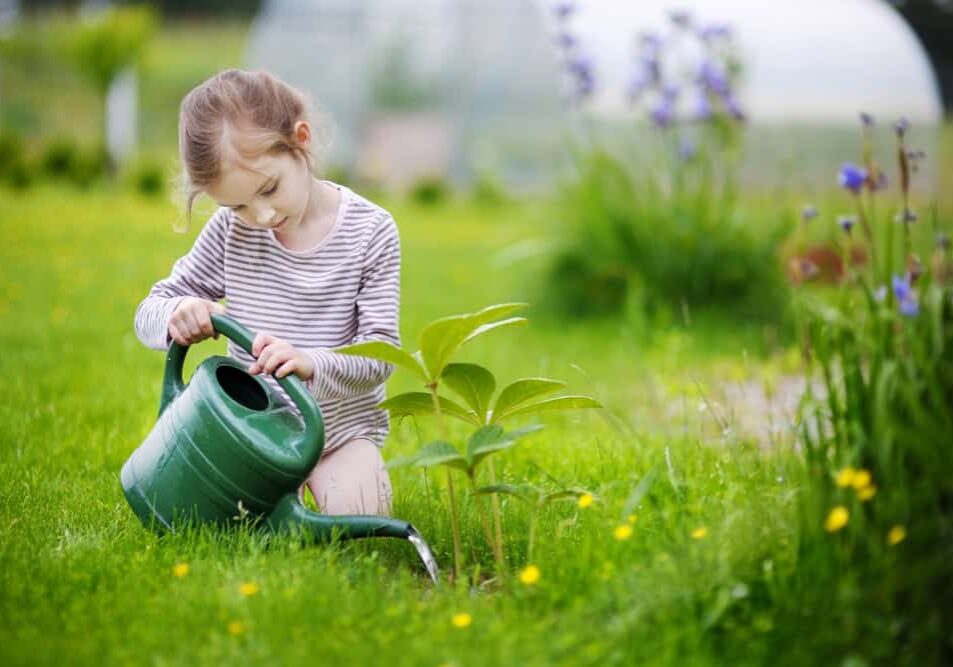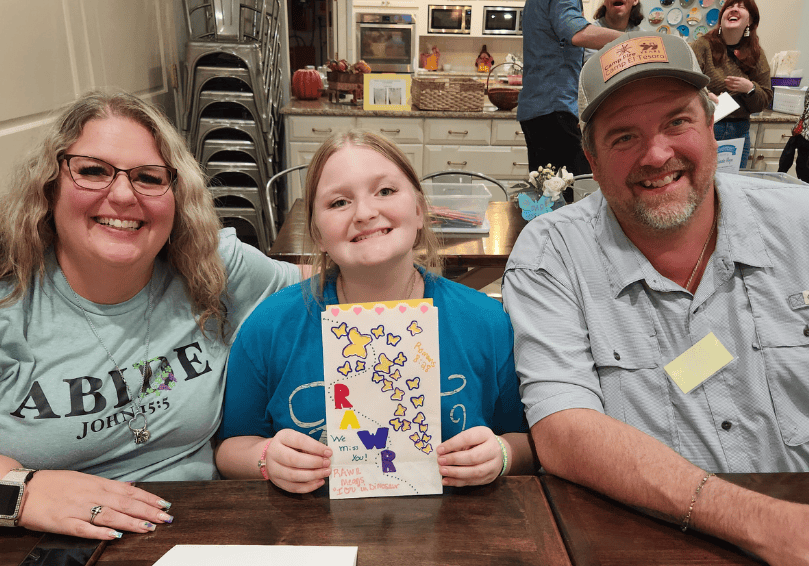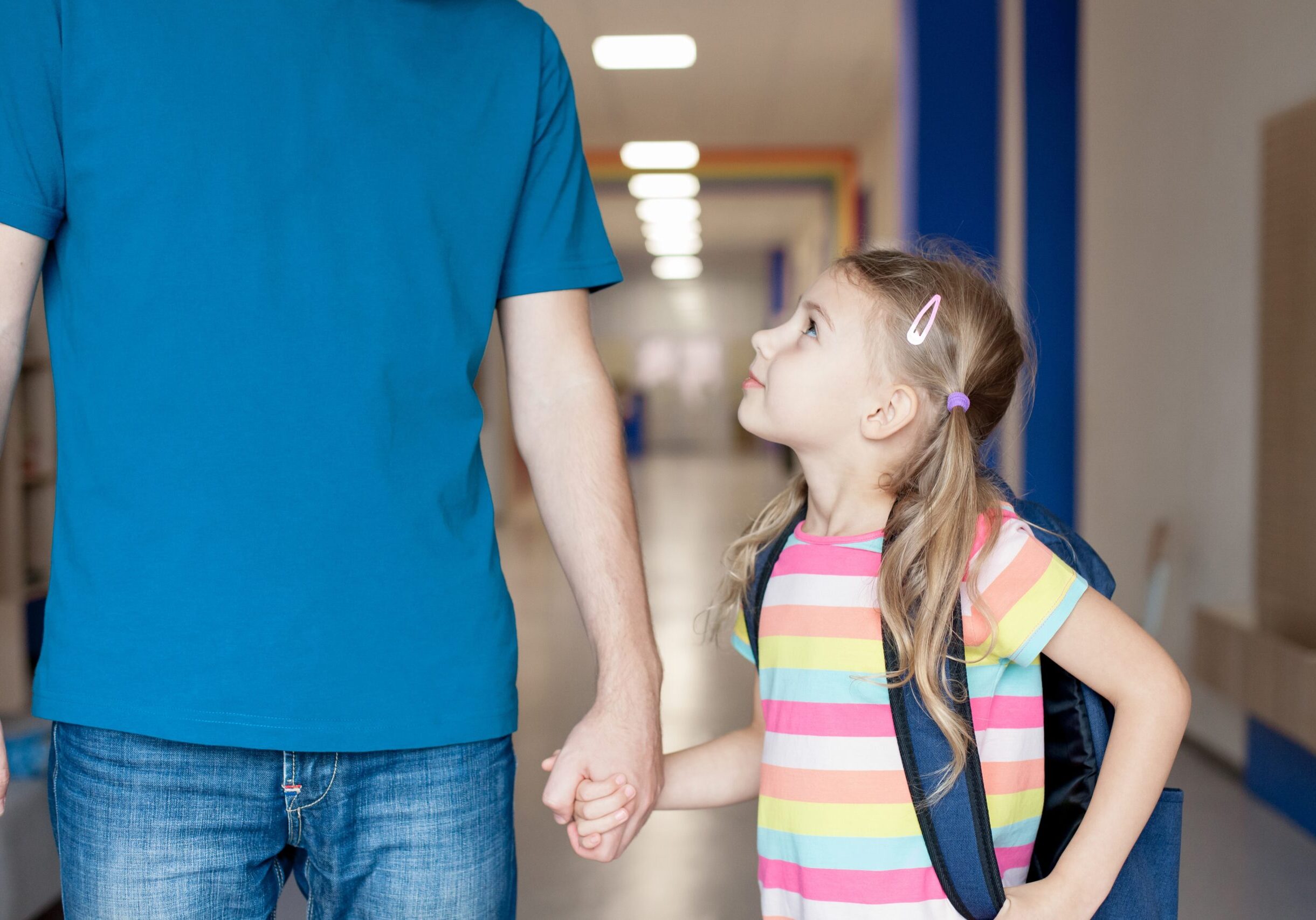Children and adolescents feel a lot of emotions while they are dealing with grief. These feelings often become overwhelming and confusing. When children are grieving, emotions like anger can sometimes feel like they come without warning. These feelings can lead to struggles at home and in school.
As a caregiver, it can be difficult to know what would be most helpful when your child is feeling angry or acting out. It’s important to remember all behaviors are telling you something. Acting out behaviors are often telling you that your child may be feeling overwhelmed and need help to process their emotions and/or the situation. When your child is facing anger, let them know that feeling angry is okay and allow them a safe space to calm down. After they have settled down you can help them explore what led to their feelings of anger. Talking about their feelings can help to identify triggers as they arise.
Questions to explore:
- Did anything happen today at home, school, or daycare?
- What other feelings have come up today?
- What were they thinking about before they got upset?
- Is the anniversary of the death coming soon?
- Is there an important holiday or event that is about to happen soon?
- Are their feelings directed at their loved one who died?
- Are they upset with someone else?
- Did anyone say anything that was upsetting?
It’s important to support your children in what they express to you. The feelings and thoughts they experience are not always going to make sense to you and it is important to put yourself in their shoes. They are going to experience a wide range of emotions and thoughts as they walk their grief journey. Work to create a space where they can express their true feelings.
It’s okay for children to feel anger. Anger is a healthy emotion. We just need to ensure they are expressing this emotion in a way that is safe for them and everyone. One suggestion would be to create a “calm down” box. This box is a collection of comfort items that help them to calm down when emotions are high. Check out our resource titled At-Home Activities to Help You Process Anger, for additional ideas to help your children at home.



